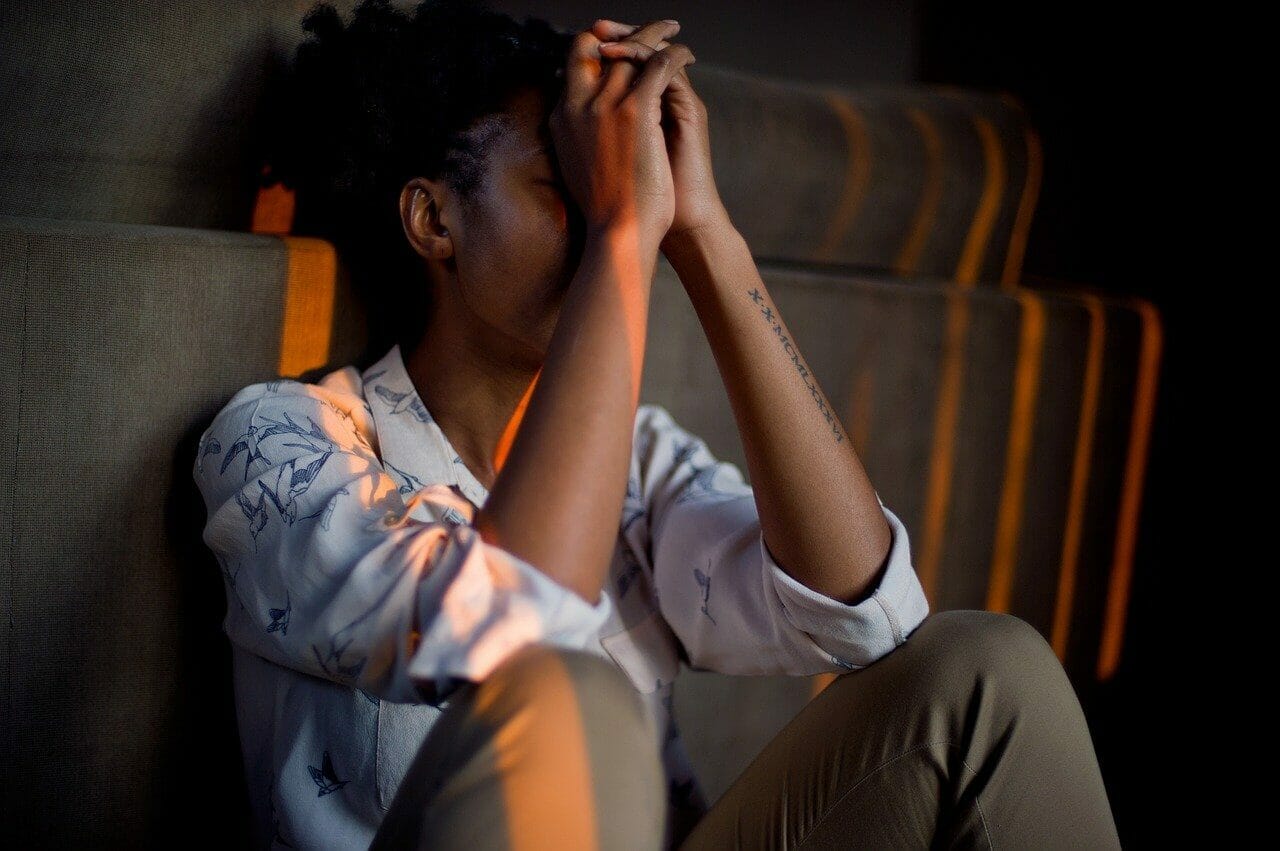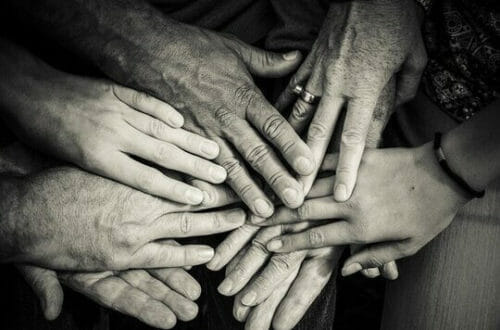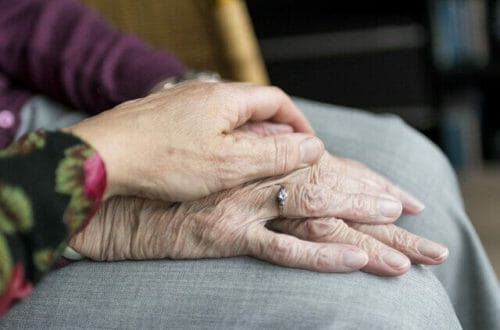Being Where You’re Meant to Be
Have you ever felt like you needed to be two places (or more) at once? I certainly have!
This week has been difficult for me trying to fulfill my roles as a mother and a wife. Our fifteen-year-old daughter has been sick for over a week. We saw three doctors to try to find out what is ailing her; Covid-19, flu A and B, and strep were all ruled out after only a few days. Then, one of the doctors ordered a viral infection panel that returned negative results for fifteen different viruses. She’s still not feeling well and running a fever. Hopefully, the antibiotic she received will knock out whatever it is.
In the meantime, my husband has been isolating so he can continue to work. A lot of people have done this “isolation” thing over the last year. It’s complicated; it’s harder to do than “normal” life. Keeping one family member separate from the family is counter-intuitive, isn’t it?
In our case, we currently live in a 500-square-foot garage apartment while we complete a series of projects to renovate our circa 1900 home to accommodate our family of four people and two dogs. In a space that small, there is no way in the world to keep hubby and our daughter separate. So, hubby is living in the main house.
What does that look like? He sleeps on an uncomfortable air mattress on a floor that is not insulated where the temperatures are dropping into the 40’s at night. Whatever he needs, he relies on me to bring to him. In some ways, he is completely dependent on me. While there is running water for handwashing and using the bathroom, there is not an operational shower.
I can identify with him because the situation was reversed a few weeks ago when I had Covid, and I was the one isolating in this big old house. The hard part for me was knowing my family was just across the yard, but I couldn’t get within six feet of anyone. Sure, I could see them when they took the dogs for a walk or left to run an errand, but I couldn’t hug them. I couldn’t eat meals with them. I couldn’t participate in discussions about their day. I felt lonely.
Knowing how it feels to be isolated, I’ve been trying to divide my time between the two dwellings. I’ve been bringing supplies to my husband, bringing my meals over to eat with him, hanging out with him, watching an occasional movie, and trying to take care of some things that sometimes get lost in the shuffle of normalcy.
Then, one night, I had a phone call with my mother. Those conversations are always interesting as I never know what to expect on her end. Sometimes, she knows exactly what she’s talking about and what she wants to say. Sometimes, not so much. Last night, she seemed somewhere in the middle. I basically listened to her for an hour with very little input; she had a lot to say. Near the end of the conversation she said, “When you have time, come see me. I miss you.”
As a result, I feel pulled in three different directions, and I feel guilty.

When I’m spending time with our daughter, I feel guilty for leaving my husband alone, especially because he’s away from home at least three days a week.
When I’m spending time with my husband, I feel guilty for leaving our daughter. Her eighteen-year-old sister is perfectly capable of caring for her, providing her food, giving her medicine… but she’s not Mom. I am.
Finally, I haven’t seen Mother in five months because I believe the risk outweighs the benefit to either of us. Although my decision is lovingly made to protect both my family and my mother, I feel guilty. [Mother lives in a nursing home six hours away by car. The airlines don’t run a lot flights there; if I fly in one day, I have to stay overnight and fly home the next day. When I visit, I can only stay for one hour because of Covid protocol. My options are to drive six hours one way or fly in one day, visit with Mother for one hour, stay overnight in a hotel, visit with Mother another hour, and drive six hours home or fly home.]
What can I do – what can you do – to combat those feelings of being pulled in different directions, unfulfilled expectations, and the ensuing guilt?
Real or Perceived?
The first thing we need to ask ourselves when we begin to feel pulled in different directions is: is this real or perceived? Does my husband, my daughter, my mother, (fill-in-the-blank) expect me to be with them or is that how I perceive the situation? Many times, what I perceive is not reality for the other person. In my husband’s case, he knows our daughter is sick. In my daughter’s case, she knows her dad is alone and might want some company. For both of them, it is probably my perception.
In Mother’s case, she knows I live somewhere else and that I have a family to take care of. Before she started to experience the effects of dementia, she told me that my family comes first, that she wanted me to take care of them and their needs first before taking care of her. I must try to remember that, even though her words say something different now, in her heart she still feels the same way.
Whose Expectations?
The next thing we need to ask ourselves when we feel like we’re not meeting someone’s expectations is: whose expectations are these – my husband’s, my daughter’s, my mother’s – or mine? Most of the time, those expectations are mine. The other person rarely has those expectations of us. However, when we’re not sure, we need to ask them. we need to communicate with them. We need to be willing to say, “I feel that you expect _____ from me, do you?” Oftentimes, I don’t do that, though, I go with my feelings.
Regardless of whose expectations they are, theirs or ours, we also need to evaluate whether they are realistic or unrealistic expectations. If realistic, we need to decide if we can fulfill what they (or we) want when they (or we) want us to. If it’s unrealistic, we need to address that with them (or ourself) and work to find out when, or if, it can be achieved. Maybe it’ll just take more time than expected, but maybe we can’t fulfill the expectation for some reason.
Ensuing Guilt
This is a big one for anyone who has someone that depends on them. The only thing I can really say is we all need grace. Merriam-Webster defines grace as used here as “disposition to or an act or instance of kindness, courtesy, or clemency”. We need to give ourselves grace in the form of kindness to ourselves, just as we would do for someone else. If you’re anything like me, it’s a lot easier for me to extend grace to others than to myself. Sometimes, we just need to stop and remind ourselves that we can only do so much.
If necessary, circle back to the first and second questions again. This may also help to alleviate that sense of guilt. Remember: your perception may not be the same as the reality for the other person; you may be expecting more of yourself than the other person.
Do your best and let God take care of the rest.
Be blessed and be a blessing!


